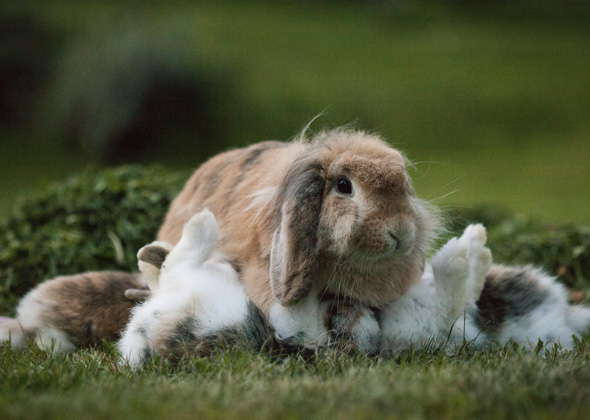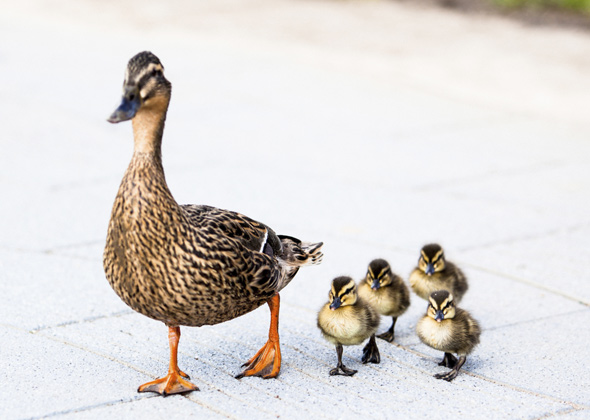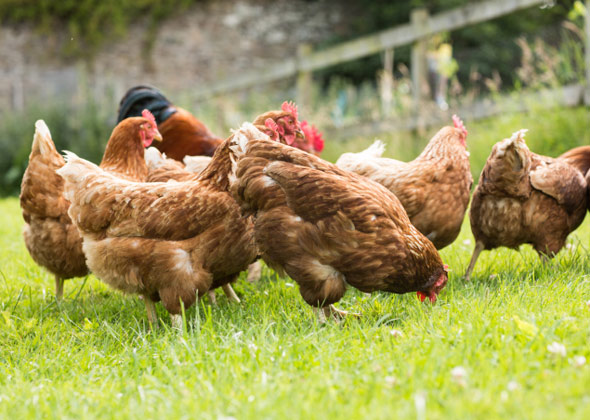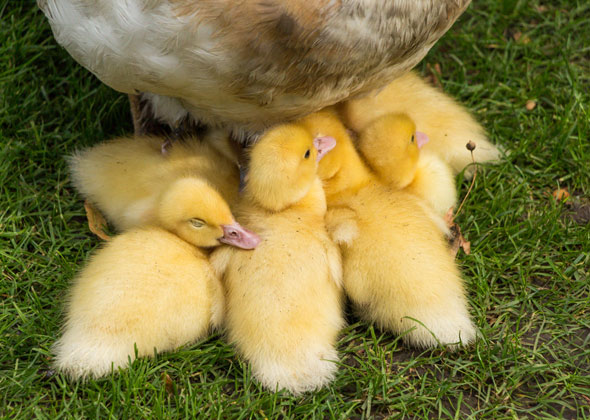Easter Trivia: Fascinating Facts About Baby Chicks, Ducklings and Bunnies
Published on March 24, 2016
Skip To
Easter is a happy holiday to celebrate with your family. It’s also the time baby chicks, ducklings and bunnies are born. These animals are precious to look at and adorable to hold, and many people rush out and purchase or adopt these cute creatures, thinking that they’ll make great pets. Unfortunately, these little animals don’t stay little forever, and many new pet owners are disappointed when their tiny bundles grow up into big, often-messy, time-consuming burdens. So if you are considering getting a bunny, chick or duckling this Easter, think twice. You may want to stick with the chocolate versions of these animals and appreciate them instead by learning these fun facts.
If, after reading this, you still think one of these pets is right for you, talk with your veterinarian first and educate yourself on how to care for, house, feed and interact with these adorable creatures to ensure that they will be a happy, healthy and long-term member of your household.
More on Vetstreet:
If, after reading this, you still think one of these pets is right for you, talk with your veterinarian first and educate yourself on how to care for, house, feed and interact with these adorable creatures to ensure that they will be a happy, healthy and long-term member of your household.
More on Vetstreet:












